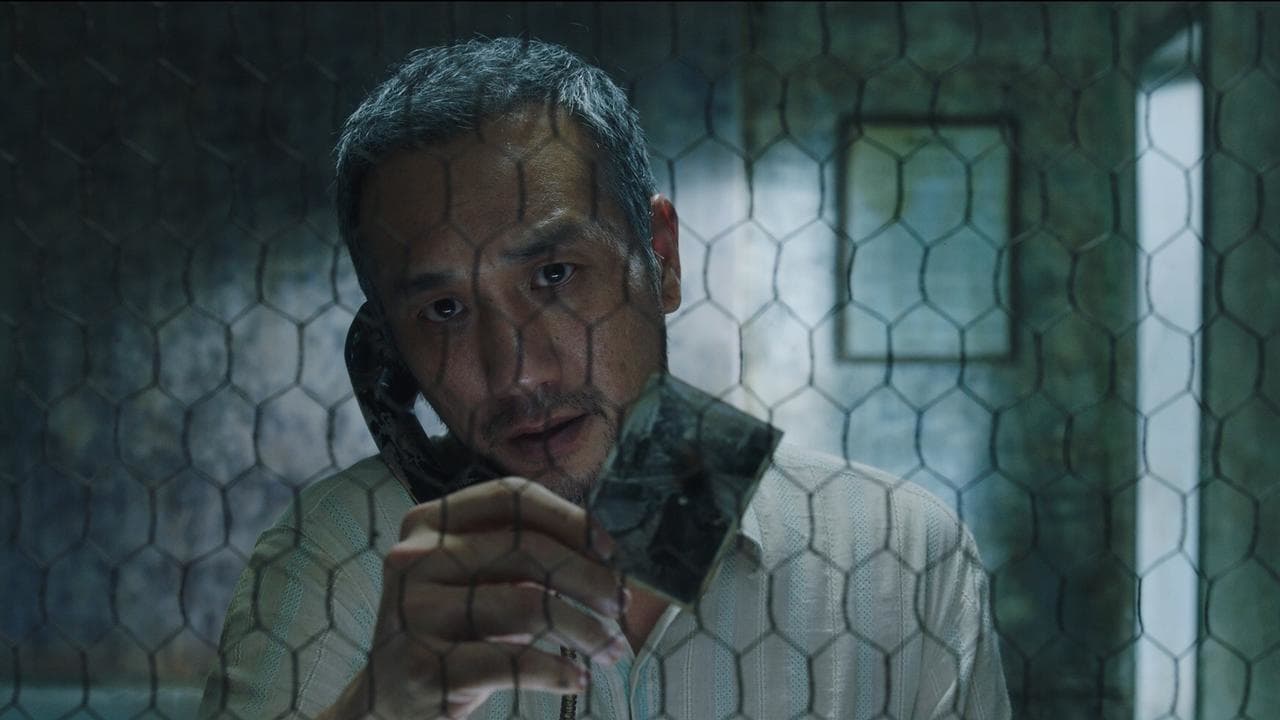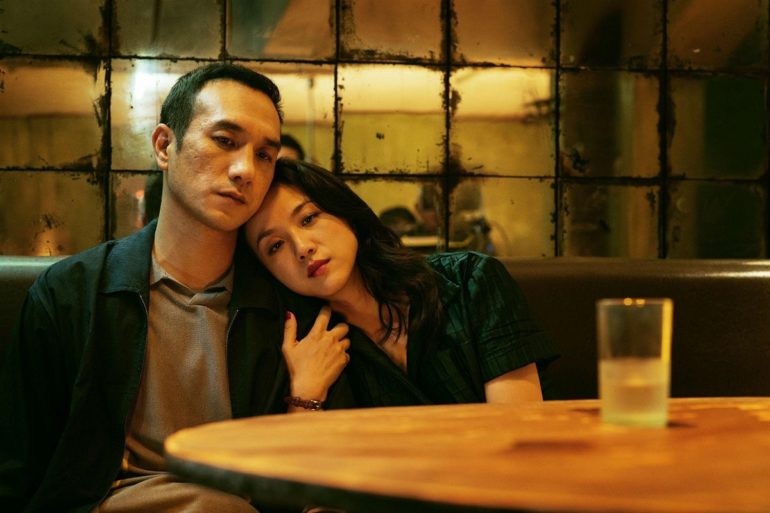Long Day’s Journey into Night is directed by Bi Gan and stars Huang Jue as Luo Hongwu a man tormented by his past. He has fleeting thoughts of his old friend Wild cat who was killed due to his gambling debts and how he never had a good relationship with his father who recently passed. At the centre of all this is a woman that Luo has never quite gotten over, Wan Qiwen (Tang Wei). From these old memories that seem to have plagued him comes a journey to find the woman that marked his heart.
The plot of Long Day’s Journey into Night seems simple enough with the audience following a man searching for closure on a part of his life but it is anything but. Director Bi Gan uses flashbacks interwoven into the narrative to tell the past and how it impacts the present. Using this we are drip-fed Luo’s past and his connection to this mysterious and bewitching young woman known as Wan Qiwen.
Throughout Long Day’s Journey into Night Luo is trying to unravel the mystery of Wan Qiwen and her disappearance from his life. As the audience delves further between the past and present their relationship and supposed love becomes apparent. They were young, it was a forbidden kind of love with Wan Qiwen already in a relationship with an older man and you can see the temptation for a young woman like Wan Qiwen who seems to almost revel in the dramatic.

For Luo, you can also understand where his love comes from. It’s one level adoration and another reverence. Wan Qiwen is beguiling, beautiful with an air of danger to her that he always seems attracted to whether it’s a significant other or a best friend.
As the audience watches the past and sees their tragic romance unfold you can’t help but be taken in by the warm colours. This is in stark contrast to the present where all the colour has been drained from the world and any that is left is usually muted in tone. It’s a fascinating and excellent way to help the audience know when they’re in a certain timeline. Unfortunately, when this visual trick isn’t available it can be confusing when the film swaps from past to present. This can pull you out of the film and that is an unforgivable crime from a film that is so visually arresting especially in the third act.
On the topic of the third act of Long Day’s Journey into Night Bi Gan pulls out all the stops. The final fifty-nine minutes of the film are one singular shot and it is visually impressive. To pull this off Gan has to utilise some impressive feats with the camera and they give the final act a dream-like sense to it which is suitable as Luo Hongwu’s story comes to a kind of closure.
With the contemplative score and a moody atmosphere director Bi Gan has made a deep film that for this simple writer was difficult at times to understand but when the film came to its climax thoroughly enjoyed dissecting.

